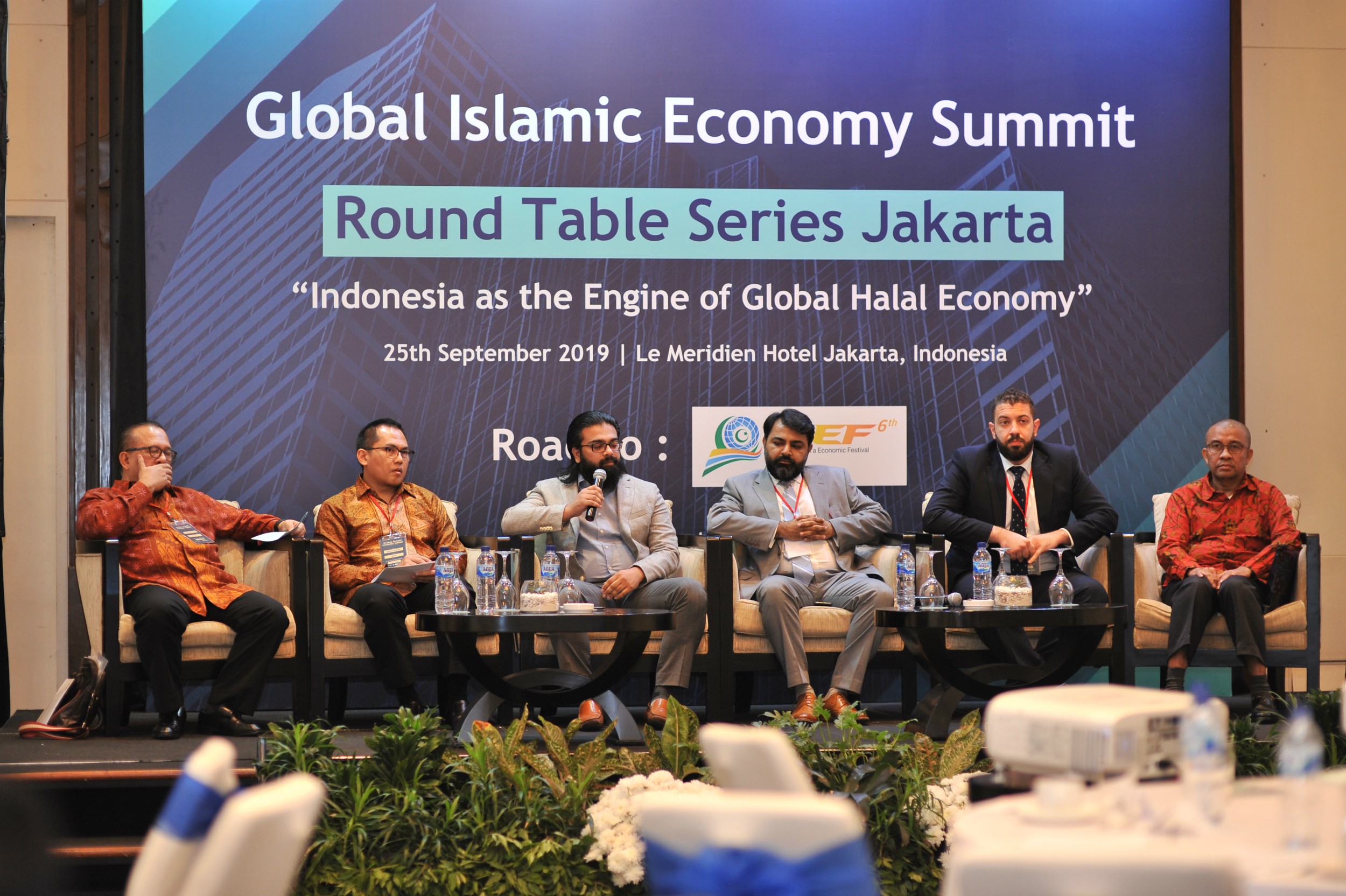Indonesia to launch Islamic fintech roadmap Q3 2020, focus on ‘useful’ tools for society, ‘daily halal lifestyle’
Indonesia will launch its Islamic fintech roadmap in the third quarter of 2020, Afdhal Aliasar, Director of Islamic Economy Development and Halal Industry, National Islamic Finance Committee (KNKS), told Salaam Gateway.
The director said Islamic fintech is growing so quickly in Indonesia that the national body wants to ensure its development is implemented “in a good way”.
“The maqasid of Shariah must be implemented not only to get more customers or to increase the volume of transactions but we need to also focus on the values of the Islamic economy,” Afdhal told Salaam Gateway on September 25 in Jakarta.
The Islamic fintech roadmap is complementary to the national fintech roadmap developed by Bank Indonesia, the central bank, said the director.
“[It is] complementary but very important,” said Afdhal.
BI announced it was working on a fintech roadmap in February 2018 and since then has been releasing different “series” focused on the payments system. It launched the national payment gateway as part of the e-commerce roadmap series in December and a national payment roadmap in May this year.
“KNKS will ask many stakeholders, including Bank Indonesia, to develop [the Islamic fintech roadmap]. So it will not just be from BI, but this is a roadmap for all Islamic finance stakeholders in Indonesia,” Afdhal said.
KNKS has started engaging stakeholders, including the central bank, the financial services authority (OJK), the Association of Syariah Fintech Indonesia (AFSI), the ministry of national development planning (BAPENAS), the national Shariah board, and universities, according to Afdhal.
“We want fintech to become tools that will be useful for the society, for the people, make it easy for people not only to get funding for economic activities, but also, fintech is a part of the daily halal lifestyle,” said Afdhal.
“For example, when they want to buy halal food, fintech can connect the halal industry players with customers,” he added.
Banks will also be included in the fintech roadmap as the government does not want “fintech companies in Indonesia to grow by themselves”, said Afdhal.
“Most fintechs come from start-ups, they need more capital, they need more investments, so there’s the opportunity for the banks to invest through the fintech companies,” he said.
He also gave examples of the unbanked, and micro, small and medium-sized enterprises that banks cannot serve or under-serve, including in the modest fashion sector.
“The Indonesia Creative Economy Body (BEKRAF) recently held a competition to find the best modest fashion designers,” Afdhal said.
“The issue for modest fashion is that they need more funding, they need investments. When they ask banks to finance the modest fashion industry, even the Islamic banks still ask ‘do you have fixed assets, collateral?’ “
“These kinds of conditions, we need to break through to facilitate, maybe fintech is the answer.”
There were 119 conventional, and eight Islamic fintech lenders licensed by the financial services authority (OJK), according to OJK's latest statistics released August 13.
More are in the queue for approval, said Afdhal.
Fintech lenders handled 49.79 trillion rupiah ($3.5 billion) in loans as of July, up 119.69 per cent from 22.67 trillion rupiah at the end of 2018, according to data from OJK.
Outstanding loans reached 8.73 trillion rupiah, up from 5.04 trillion rupiah in December 2018.
($1 = 14,166 Indonesia rupiah)
(You can reach the reporter at [email protected])
© Salaam Gateway 2019 All Rights Reserved
